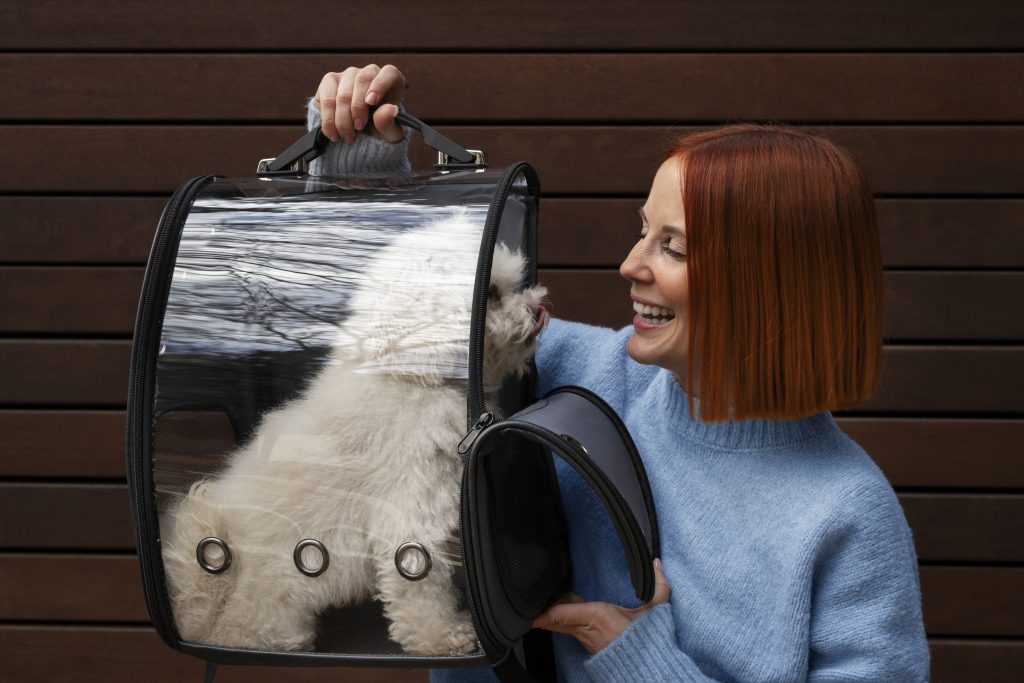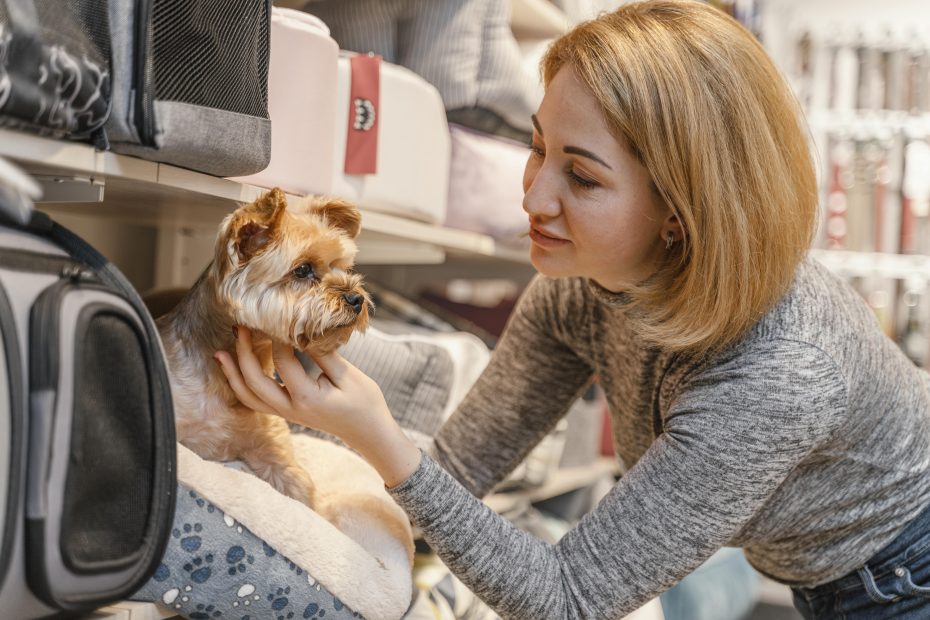When it comes to finding the right boarding kennel for your pet, the choice can be overwhelming. Whether you’re planning a vacation or need temporary care for your furry friend, selecting a trustworthy and comfortable boarding facility is crucial. This guide will walk you through everything you need to consider when choosing a boarding kennel to ensure your pet receives the best care while you’re away.

1. Research and Recommendations
Start by gathering recommendations from friends, family, and your veterinarian. Personal experiences and trusted opinions can lead you to reputable boarding kennels. Additionally, online reviews and ratings can provide insights into the experiences of other pet owners. Look for facilities with consistently positive feedback and a good reputation for pet care.
2. Facility Inspection
Before making a decision, visit the boarding kennels you’re considering. A personal inspection allows you to assess the cleanliness, safety, and overall environment of the facility. Pay attention to the following aspects:
- Cleanliness: The facility should be clean and free of unpleasant odors. Check for well-maintained living spaces and secure enclosures.
- Safety: Ensure that the kennel has secure fencing, proper ventilation, and safety measures to prevent accidents or escapes.
- Comfort: Observe the bedding, toys, and amenities provided to ensure they are comfortable and suitable for your pet’s needs.
3. Staff Qualifications and Experience
The staff at the boarding kennel should be knowledgeable and experienced in handling different types of pets. Ask about their training, certifications, and experience in animal care. Friendly and attentive staff members are crucial for your pet’s well-being.
4. Medical Care and Emergency Protocols
Inquire about the kennel’s procedures for handling medical emergencies and routine health care. Ensure that the facility has access to a veterinarian or emergency medical services. Discuss any specific medical needs or medications your pet requires and confirm that the staff is equipped to manage these needs.
5. Socialization and Exercise
A good boarding kennel should offer opportunities for socialization and exercise. Ask about the facility’s daily routine, including playtime, group interactions, and exercise options. Socialization with other pets and regular exercise contribute to your pet’s overall happiness and well-being.
6. Diet and Feeding
Discuss your pet’s dietary needs with the boarding kennel staff. Some facilities provide their own food, while others allow you to bring your pet’s preferred food. Ensure that the kennel can accommodate any special dietary requirements or restrictions your pet may have.
7. Vaccination and Health Requirements
Most boarding kennels require pets to be up-to-date on vaccinations and free from contagious diseases. Provide proof of vaccinations and ensure your pet meets the kennel’s health requirements before admission. This helps prevent the spread of illnesses and ensures a safe environment for all pets.
8. Cost and Booking Policies
Understand the cost structure and booking policies of the boarding kennel. Compare prices and services to ensure you are getting value for your money. Ask about additional fees, cancellation policies, and any discounts for extended stays.
9. Trial Stay
If possible, consider arranging a short trial stay for your pet. This allows you to assess how your pet adjusts to the new environment and helps the staff become familiar with your pet’s needs. A trial stay can provide valuable insights into the quality of care provided by the boarding kennel.
10. Communication and Updates
Ensure that the kennel provides regular updates and communication during your pet’s stay. Many facilities offer photo updates or progress reports, which can give you peace of mind while you are away.

